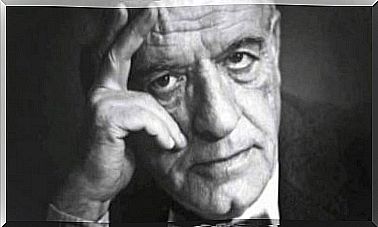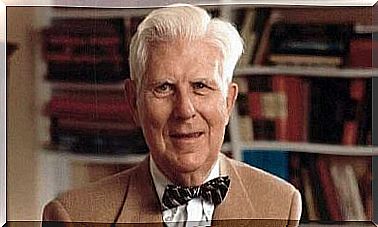Can The Mind Control Physical Pain?

Physical pain is an individual and subjective indicator that something is not right in our bodies. It can have a major impact on our well-being and affect our daily lives. The mind is responsible for identifying and processing physical pain, so it is important to understand how the brain perceives and analyzes it.
In the brain, there are well-defined regions that are responsible for our perception of pain. Many ailments in the body actually have their roots in the brain, and can be influenced by the mental attitude as well as emotions. This means that mental activities can counteract pain, including relaxation and breathing exercises, music therapy and bioresponse.
Studies indicate that people with greater acceptance of pain are less worried and show fewer symptoms of anxiety and depression. The most important part of these studies is that the level of pain acceptance does not depend on the intensity of the pain. Thus, people do not have more acceptance because they experience less pain.
Acceptance involves contact with unpleasant or painful experiences without it having a major impact on behavior.
Suffering is a part of us. We must accept suffering as something normal in some contexts. This does not mean that we should give in to catastrophism, which is the belief that pain will be chronic.
The mind is, according to researcher Patricia Churchland at the University of California, what the brain produces, and has a gigantic impact on health. The mind, perceptions and emotions affect our physical health because there is always a psychological aspect to all diseases.
Dr. Sarno, a professor of rehabilitation at the New York University School of Medicine, confirms that the brain generates pain that has no organic cause. It does this so that we become aware of our bodies and thereby shift our attention from “repressed, emotional tensions”. When we realize that we have emotional tensions that are suppressed, the symptoms of the physical ailment will decrease.
A study from Stanford University suggests that brain exercise can reduce pain without medication. Although it does not work for all individuals, the technology may lead to new medical treatments. In this process, the patient views the area of the brain that is associated with pain via magnetic in real time.
The study shows that under certain circumstances it is possible to “dominate” our brain activity. We can also control the intensity of the ailments we feel without using drugs. This technology opens up new avenues for unparalleled medical treatments, although it should be noted that they may not work to the same extent for everyone.
The combination of willingness to accept physical pain and proper mental exercise are key factors in reducing the impact that pain has on our lives. Maybe we can not make it disappear, but with our minds we can overcome it.









